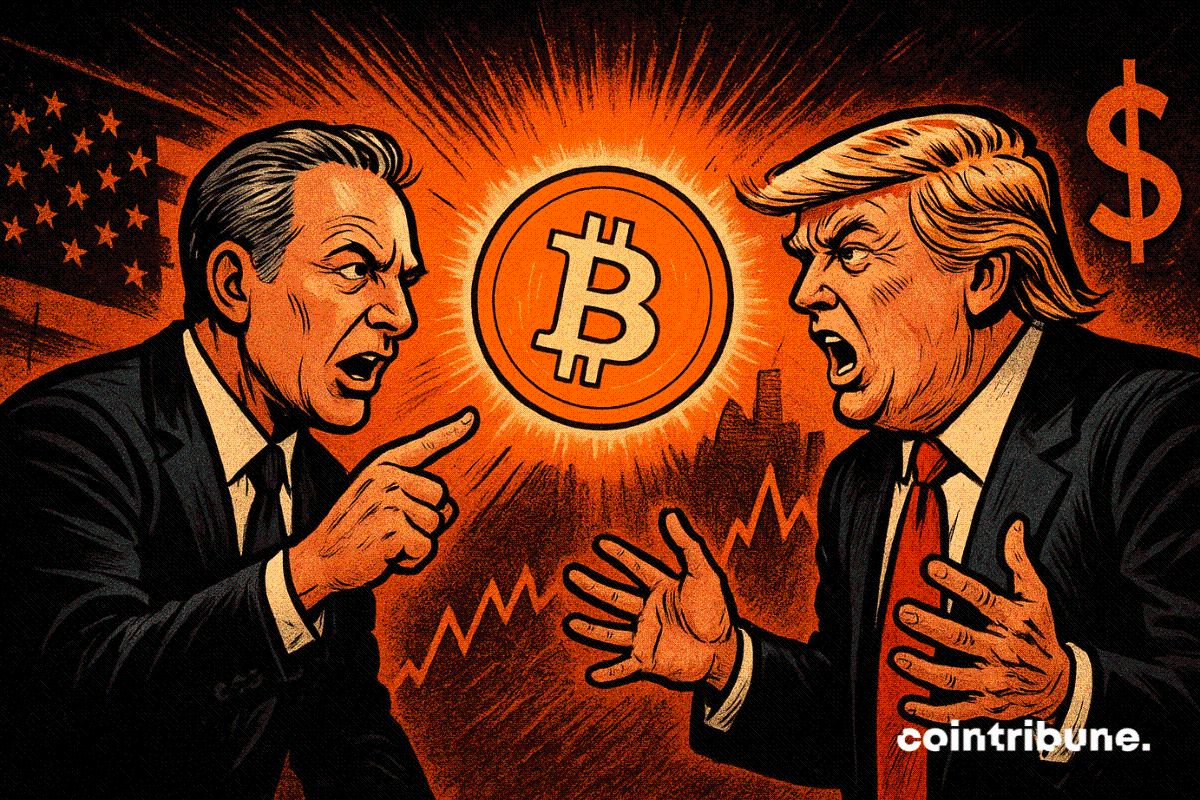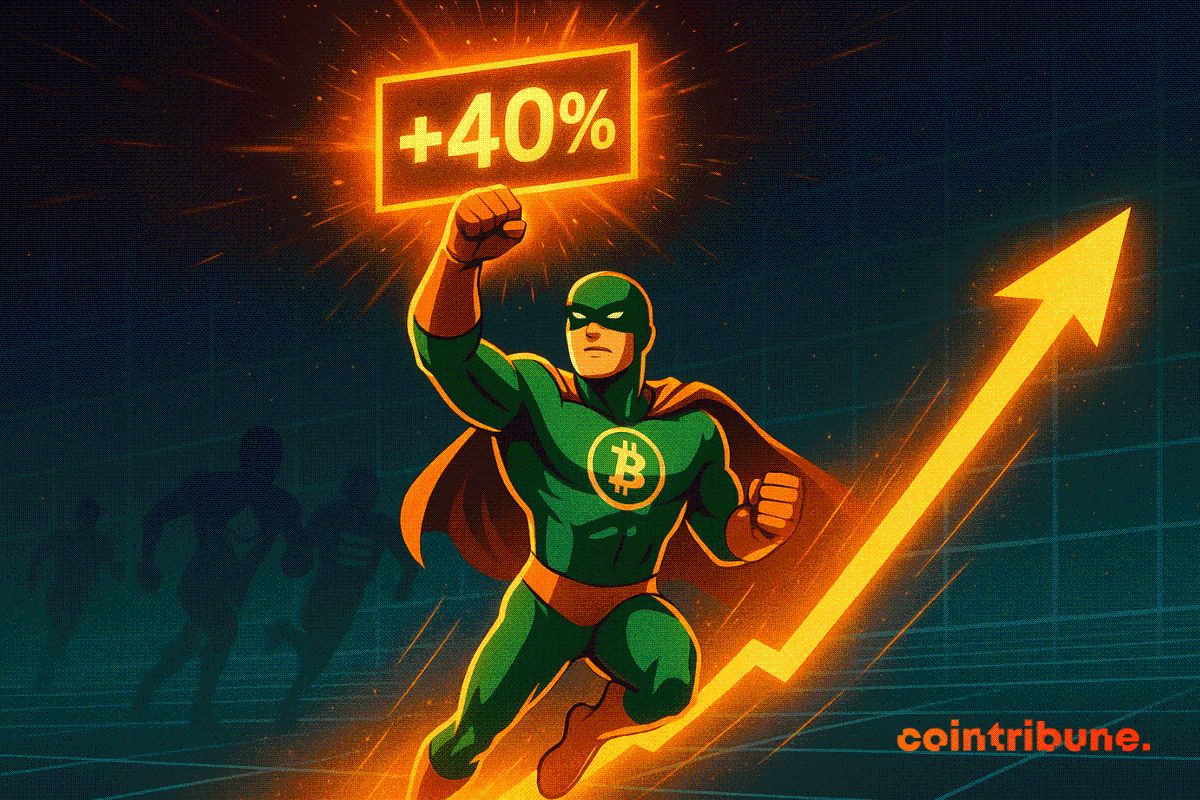Hyperliquid (HYPE): Assessing Valuation Risks Amid Record Buybacks and Growing Institutional Adoption
- Hyperliquid's HYPE token surged to $50, driven by record trading volumes and aggressive buybacks reducing supply by 430% since April 2025. - Institutional adoption accelerated with custodians like BitGo enabling access, while regulatory risks and operational vulnerabilities emerged from token manipulation incidents. - A November 2025 token unlock (23.8% of supply) threatens to overwhelm buyback capacity, with critics warning of unrealistic $50B valuation assumptions. - Centralization risks persist throug
Hyperliquid’s HYPE token has surged to an all-time high of $50, driven by record trading volumes and a hyper-deflationary buyback model. In August 2025 alone, the platform processed $357 billion in derivatives volume and $3 billion in spot trading, generating $105 million in fees funneled into the Assistance Fund [1]. This fund has repurchased 29.8 million HYPE tokens, valued at $1.5 billion, reducing circulating supply and creating sustained buy pressure [2]. Institutional adoption has also accelerated, with custodians like BitGo and Anchorage Digital enabling institutional-grade access to HyperEVM and HYPE [3]. These metrics paint a picture of a protocol poised for dominance in decentralized derivatives.
Yet, beneath the bullish narrative lie critical risks that investors must scrutinize.
Over-Reliance on Buybacks and Fee Sustainability
Hyperliquid’s tokenomics allocate 97% of protocol fees to buybacks and burns, a model that has slashed HYPE’s circulating supply by 430% since April 2025 [4]. While this deflationary flywheel has driven price appreciation, it hinges on sustained trading volumes. A single day in August saw $29 million in fees, but this level of performance is unsustainable long-term. If trading activity wanes—due to market cycles, regulatory crackdowns, or competition—buyback momentum could stall, leaving the token vulnerable to downward pressure [5].
Regulatory and Operational Vulnerabilities
The platform’s governance and risk management have been tested by high-profile incidents. In March 2025, a whale manipulated the JELLY token, inflating its price by 400% and forcing Hyperliquid’s HLP vault to absorb a $13.5 million loss [6]. Similarly, the XPL flash short squeeze in 2025 exposed flaws in Hyperliquid’s isolated oracle system, allowing a trader to profit $46 million while triggering $60 million in losses for short sellers [7]. These events highlight systemic risks in handling pre-market tokens and thin liquidity, raising questions about the platform’s ability to protect users during coordinated attacks.
November 2025 Token Unlock: A Looming Pressure Point
The first major HYPE unlock in November 2025 will release 9.9 million tokens (23.8% of total supply) over two years [8]. At current prices, this represents $446 million in monthly selling pressure, potentially overwhelming the Assistance Fund’s $1.5 billion buyback capacity [9]. While Hyperliquid plans to redirect all protocol revenue into the fund, the unlock could test market demand, especially if institutional buyers pull back. Critics argue that the fully diluted valuation (FDV) of $50 billion already assumes unrealistic growth, and the unlock may force a price correction [10].
Decentralization and Validator Concentration
Hyperliquid’s consensus model relies on just 21 validators, raising concerns about centralization and long-term resilience [11]. This structure contrasts with Ethereum’s thousands of validators, and any single point of failure could disrupt operations. Additionally, the Hyper Foundation’s 6% token allocation and core contributors’ 23.8% stake introduce governance risks, as centralized entities could influence protocol decisions [12].
Conclusion: A High-Risk, High-Reward Proposition
Hyperliquid’s institutional adoption and buyback-driven tokenomics are undeniably compelling. However, the platform’s reliance on fee sustainability, regulatory exposure, and upcoming token unlocks present significant headwinds. While bullish analysts project HYPE could reach $82.5 by 2025 [13], contrarian perspectives caution that the current valuation may not account for these risks. Investors must weigh the protocol’s innovation against its vulnerabilities, particularly as the November 2025 unlock approaches.
Source:
[1] Hyperliquid's HYPE Hits Record High Above $50 on Trading ...
[2] Hyperliquid's Buybacks Fuel HYPE's Record Surge—But ...
[3] Hyperliquid (HYPE) hits $50 ATH as institutional adoption ...
[4] Hyperliquid Buyback Data: How Strategic Tokenomics Drive Growth
[5] Hyperliquid's HYPE Token: A Deflationary Powerhouse in DeFi Derivatives Revolution
[6] Hyperliquid and the Risks of Pre-Launch Crypto Trading
[7] Whale-Driven XPL Volatility Sparks New Risk Controls on Hyperliquid
[8] Hyperliquid (HYPE) | Tokenomics, Supply & Release
[9] HYPE Holders Brace for Impact Ahead of Looming Token ...
[10] Hyperliquid's Buybacks Fuel HYPE's Record Surge—But ...
[11] Hyperliquid's HYPE Hits Record High Above $50 on Trading ...
[12] Hyperliquid (HYPE): A 126x Opportunity as Institutional
[13] Hyperliquid Price Prediction: Can HYPE Reach $100?
Disclaimer: The content of this article solely reflects the author's opinion and does not represent the platform in any capacity. This article is not intended to serve as a reference for making investment decisions.
You may also like
Witness the Dynamic Shifts in Bitcoin and Altcoin ETFs
In Brief Bitcoin and altcoin ETFs witness dynamic shifts in inflows and outflows. XRP and Solana ETFs attract notable investor attention and activity. Institutions explore diversified crypto ETFs for strategic risk management.

Peter Schiff Clashes With President Trump as Economic and Crypto Debates Intensify

Bitcoin Cash Jumps 40% and Establishes Itself as the Best-Performing L1 Blockchain of the Year

Bitcoin Price Plummets: Key Reasons Behind the Sudden Drop Below $88,000